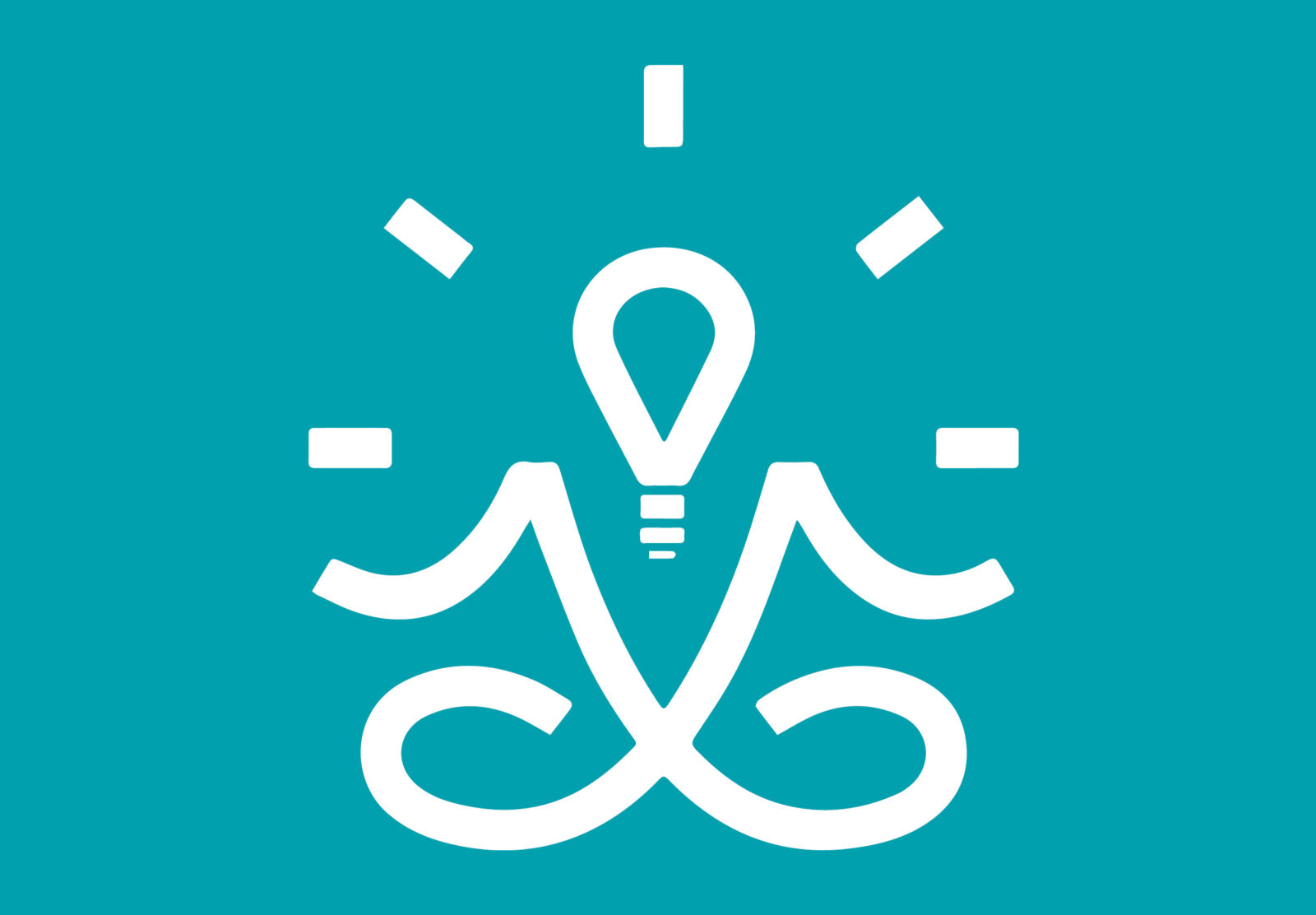Well in Mind: Weekly Minute
Given the recent events in Afghanistan, veterans may question the meaning of their service or whether it was worth the sacrifices they made. They may feel more moral distress about experiences they had during their service.
Common Reactions:
- Feeling frustrated, sad, helpless, grief or distressed
- Feeling angry or betrayed
- Experiencing an increase in mental health symptoms like symptoms of PTSD or depression
- Sleeping poorly, drink more or use more drugs
- Trying to avoid all reminders or media or shy away from social situations
- Having more military and homecoming memories
- Veterans may feel like they need to expect and/or prepare for the worst. For example, they may:
- Become overly protective, vigilant, and guarded
- Become preoccupied by danger
- Feel a need to avoid being shocked by, or unprepared for, what may happen in the future
Strategies for Managing Ongoing Distress
- Consider the ways that your service made a difference, the impact it had on others’ lives or on your own life.
- Remember that now is just one moment in time and that things will continue to change.
- Focus on the present and engage in the activities that are most meaningful and valuable to you. Such activities can help life feel meaningful and reduce distress, despite the things you cannot change.
- Consider your thinking. Are there ways you can change your thinking to be more accurate and less distressing? For example, rather than thinking “my service in Afghanistan was useless” consider instead “I helped keep Afghanistan safe.”
- Engage in Positive Activities. Doing things that are rewarding, meaningful, or enjoyable, even if you don’t feel like it, can make you feel better.
- Stay Connected. Spend time with people who give you a sense of security, calm, or happiness, or best understand you.
- Practice Good Self Care. Listening to music, exercising, practicing breathing routines, spending time in nature or with animals, journaling, or reading inspirational text are some simple ways to help manage overwhelming or distressing emotions.
- Stick to Your Routines.
- Limit Media Exposure.
- Use a mobile app. Consider one of VA’s self-help apps
- PTSD Coach Online. A series of online video coaches will guide you through 17 tools to help you manage stress. PTSD Coach Online is used on a computer, rather than a mobile device, and therefore can offer tools that involve writing.
Well In Mind is here for you. Call 815-933-2240 to schedule an appointment or to ask about your EAP benefits.


